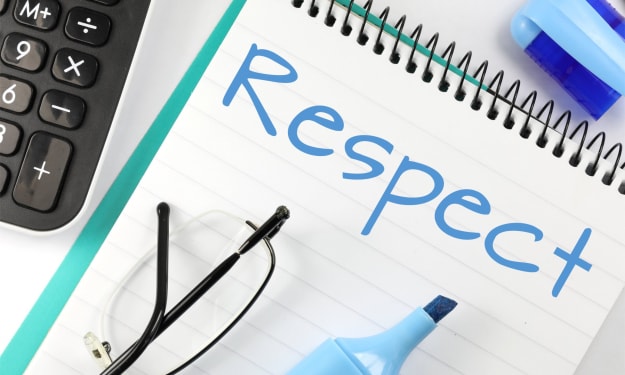The Power Behind Hard Choices
Be aware and use it well

Who among us has never had to make a difficult decision? Making a tough decision seems to be a cause for agony. The relationship between the available options is what makes a decision challenging. In every simple situation, one option is superior to the other. Both options in a difficult decision have advantages and disadvantages, but neither is superior.
We shouldn't presume that all hard decisions are large. When faced with a big, difficult decision, it may help to remember that there are equally difficult decisions on a smaller scale. And just because we're not foolish shouldn't be an excuse for avoiding tough decisions. It's a mistake to suppose that in hard decisions, one alternative is better than the other, but we're too ignorant to know which, and because we don't know which, we could select the least hazardous option. Even after evaluating two choices side by side with complete knowledge, a decision might still be tricky.
If there is no optimal solution, if the balance of pros and cons doesn't favor one choice over another, then presumably, all of the options are of equal value. Tough decisions are challenging not because of who we are or how little we know but because there is no clear optimal course of action. Therefore, maybe the best thing to say when making a tough decision is that it is between equally excellent alternatives.
If you start with two equally nice items and enhance one, it must now be better than the other. Perhaps comparing the two is fruitless because of the difficulty of the decision. It's not as if we're attempting to decide between two options with no common ground. Unconsciously, we compare qualitative concepts such as justice, beauty, and compassion to quantitative ones such as length, mass, and weight. Each of the three possible outcomes—one greater, one lesser, or equal—applies.
Contrary to this, values are not relativistic. We shouldn't assume that the world of lengths and weights has the same structure as the world of what we ought to do. We need a new fourth relation to represent the dynamics at work when making difficult decisions, in addition to better, worse, and equal.
But I believe we've misconstrued hard decisions and their place in our lives. Understanding hard decisions reveals a secret strength each of us holds. Making sense of challenging decisions like these teaches us something about who we are. We can all make up our own justifications if we try. Imagine a world where every option is obvious and easy to choose.
To put it another way, there is always an optimal choice. Part of being logical is doing the better thing rather than, the worse thing—picking what you have the greatest reason to choose, and if there is a better option, you should choose it. If we want to, we can make ourselves, give ourselves reasons, and exercise our agency.
If we lived without making difficult choices, we would become slaves to logic. It's insanity to suppose that the reasons provided to you dictated that you had the greatest reason to follow the same interests, live in the same place you do, and work at your same job. When choices are equally good or bad, the arguments given to help us decide if we're making a mistake are moot.
We have the power to fully commit to a choice. This reaction to vexing decisions is reasonable, but external factors do not predetermine it. In its place, it is backed by our fabricated evidence. We fully take on the characteristics of our ideal selves when we give ourselves compelling reasons to develop in a certain direction.
Drifters don't use their normative authority when faced with difficult decisions. The lives of drifters are blank pages onto which the world may etch its narrative. Therefore, when we are presented with difficult options, we shouldn't worry about which is best. Our focus should be inside, not outward: who am I to be?
Therefore, the lesson of difficult choices is to think about what you can put your agency behind, what you can be for, and then become that person by making difficult decisions. The fact that the reasons that govern our choices as correct or incorrect sometimes run out, and that it is here that we have the power to create reasons for ourselves to become the distinctive people that we are, are not sources of agony and dread but rather precious opportunities to celebrate what is unique about the human condition.
About the Creator
Dr. Sulaiman Algharbi
Retired after more than 28 years of experience with the Saudi Aramco Company. Has a Ph.D. degree in business administration. Book author. Articles writer. Owner of ten patents.
Instagram: https://www.instagram.com/sulaiman.algharbi/






Comments
There are no comments for this story
Be the first to respond and start the conversation.